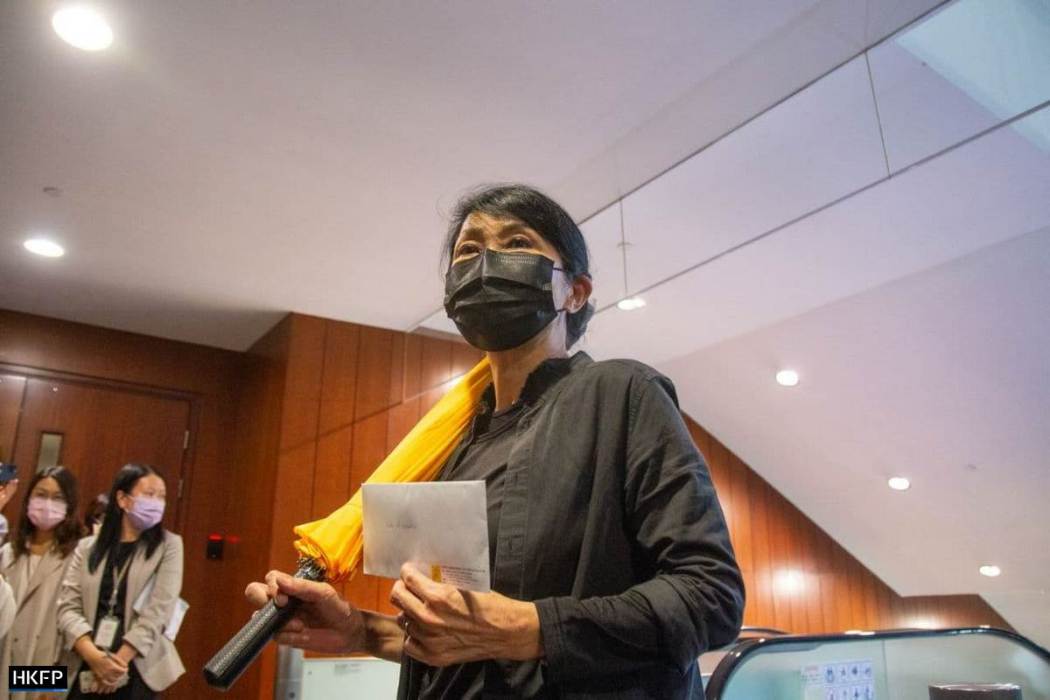Hong Kong’s legislature sat empty of pro-democracy lawmakers Thursday after the bloc said they would resign en masse, turning the semi-autonomous city’s once-feisty legislature into a muted gathering of Beijing loyalists.
The resignations come with the city’s beleaguered pro-democracy movement and avenues of dissent already under sustained attack since Beijing imposed a sweeping national security law earlier this year.

Wednesday’s resignations by 15 pro-democracy lawmakers were in protest at the city’s pro-Beijing government banning four of their colleagues from holding office.
The four were disqualified in line with a resolution adopted earlier in the day by China’s parliament authorising the expulsion of any politician deemed a threat to national security.
“Hong Kongers — prepare for a long, long time where there is only one voice in society,” pro-democracy lawmaker Lam Cheuk-ting told reporters outside the chamber as he hung a poster attacking the city’s pro-Beijing leader.

“If you are a dissident, get ready for even more pressure.”
Hong Kong’s leader is chosen by pro-Beijing committees, but half of its legislature’s 70 seats are directly elected, offering the city’s 7.5 million residents a rare chance to have their voices heard at the ballot box.
Scuffles and protests would routinely break out in the chamber, with the pro-democracy minority often resorting to filibustering and other tactics to try to halt bills they oppose.

The resignations will leave just two legislators outside the pro-Beijing camp.
The United States warned after Wednesday’s move of further sanctions against China, which it said had “flagrantly violated” Hong Kong’s autonomy.

Critics say the national security law’s broadly worded provisions are a hammer blow to the flickering freedoms that China promised Hong Kong could keep after the end of British colonial rule in 1997.
Support HKFP | Policies & Ethics | Error/typo? | Contact Us | Newsletter | Transparency & Annual Report | Apps
Help safeguard press freedom & keep HKFP free for all readers by supporting our team
























